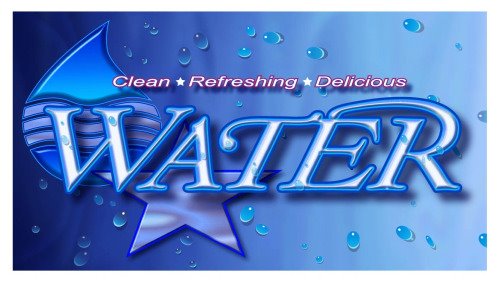Refill, Not Landfill
Thursday, October 7, 2010
FTC changes guides on term 'eco-friendly'
Aiming to clear up confusion for consumers about what various terms mean, the Federal Trade Commission has revised guidelines for businesses that make claims about so-called "eco-friendly" products.
The proposed new version of the agency's Green Guides was released Wednesday, with recommendations for when to use words like "degradable" and "carbon offset," in advertisements and packaging, and warnings about using certifications and seals of approval that send misleading messages.
Regardless of changes to definition, Aqua Star International products remain "eco-friendly" under any definition of the term.
Friday, June 25, 2010
1 in 5 deaths in Bangladesh linked to arsenic in drinking water
|
Monday, May 24, 2010
In The CDC We Trust?
|
Tuesday, April 27, 2010
Interesting National Geographic Illustration
Tuesday, March 9, 2010
Cities Sue Manufacturer of Weed-Killer Found in Tap Water
Perhaps this organized citizen action will have an impact on their corporate nonchalance.
|
Thursday, March 4, 2010
Drinking Water and Herbicides; The Results Could FABULOUS
|
Tuesday, March 2, 2010
Thursday, February 25, 2010
So Why Is Our Nation Fat?
This lengthy article gives a fascinating portrayal of the political might and public relations clout behind the industries whose self serving objectives have no interest in steering the average citizen toward healthier food and beverage choices.
The analogy the author makes to the tobacco controversies of a generation ago are spot on.
Step Four: AstroTurf
|
Thursday, February 4, 2010
From Source to Tap - How Lead Gets Consumed
|
Wednesday, February 3, 2010
Why Is President's Proposed Budget So Water Logged?
|
Friday, January 8, 2010
Soda Fountain Machines Spew Bacteria Too
In a scientific study conducted by microbiologists from the University of Arizona several years ago, researchers collected and tested used filters from our retail water vending machines as a means of duplicating municipal water quality from the tap water recipient's perspective to see how it matched up to water quality reported from the processing/distribution points.
Their findings? Exactly the same as the researchers cited in this article.
|




